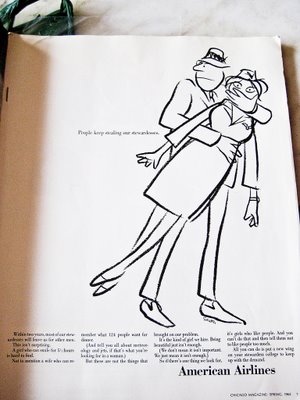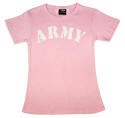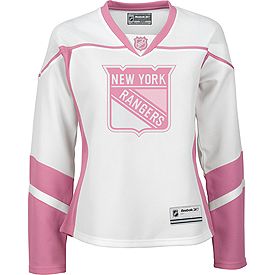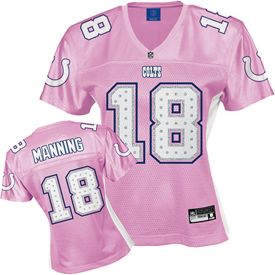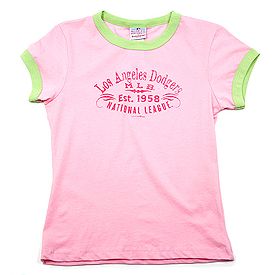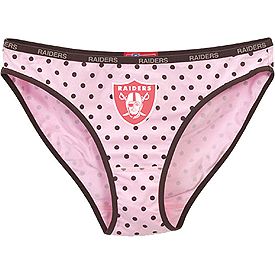Above are photos of Jennifer Love Hewitt that have been showing up everywhere since they were taken in December. They were used as evidence that she has gotten fat.
Jennifer Love Hewitt responded to the criticism:
I’ve sat by in silence for a long time now about the way women’s bodies are constantly scrutinized…To set the record straight, I’m not upset for me, but for all of the girls out there that are struggling with their body image…A size 2 is not fat! Nor will it ever be. And being a size 0 doesn’t make you beautiful. … To all girls with butts, boobs, hips and a waist, put on a bikini – put it on and stay strong.
Janice Dickenson, a former model, went on The Today Show and defended Jennifer Love Hewitt…by calling Tyra Banks fat: “You want to see someone who’s fat, I’m sorry, Tyra, Tyra Banks is fat.”
There’s an interesting discourse here. Jennifer Love Hewitt responded by saying “A size 2 is not fat!” Janice Dickinson defends her by comparing her to a woman who supposedly is fat. So the ultimate message isn’t necessarily that women shouldn’t have to be thin, but that this particular woman isn’t fat. That could lead to a useful discussion on empowerment–what’s the difference between empowering an individual woman (“I’m not fat!”) and empowering women as a group (“We need to fight against this idea that only one body shape is acceptable”)? Is the discourse we find here really liberating to women in general, or just to those who are a size 2 or smaller?
Most female celebrities, when photographed in an unflattering manner, disappear for a month and then reappear in transformed bodies that have been starved and exercised until they are worthy of display; they are then welcomed back with open arms and their transformation is praised. It might also be interesting to use Hewitt’s responses in a discussion of how difficult it is to try to resist hegemonic ideals of beauty–how do you defend yourself and respond to mainstream ideals when you’re one of very few people even trying to do it?
NEW! (Oct. ’09) Kristina V. let us know about a recent issue of Shape that features a significantly slimmer Jennifer Love Hewitt along with information on how she lost weight:


The website also has images of other celebrities (including 2 men out of 13 photos) who have lost weight:



Don’t misunderstand me: I am not surprised that Jennifer Love Hewitt eventually felt the pressure to slim down. Is it somewhat hypocritical? Yes. But it doesn’t seem surprising that someone who faces such intense scrutiny might find it difficult to individually try to resist beauty standards that are so widely held in her social world and might eventually choose to try to conform rather than resist.
But it’s disheartening to see another female celebrity lose this battle, even if it’s unsurprising.
Gwen Sharp is an associate professor of sociology at Nevada State College. You can follow her on Twitter at @gwensharpnv.




